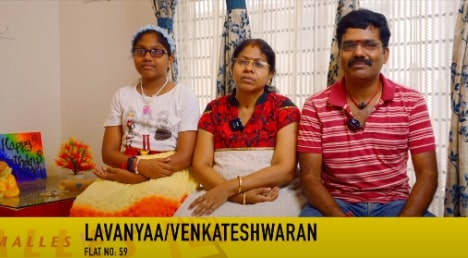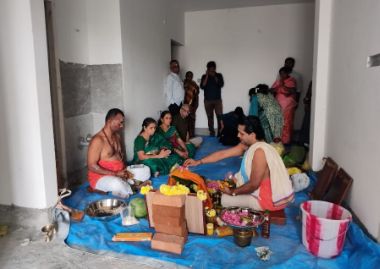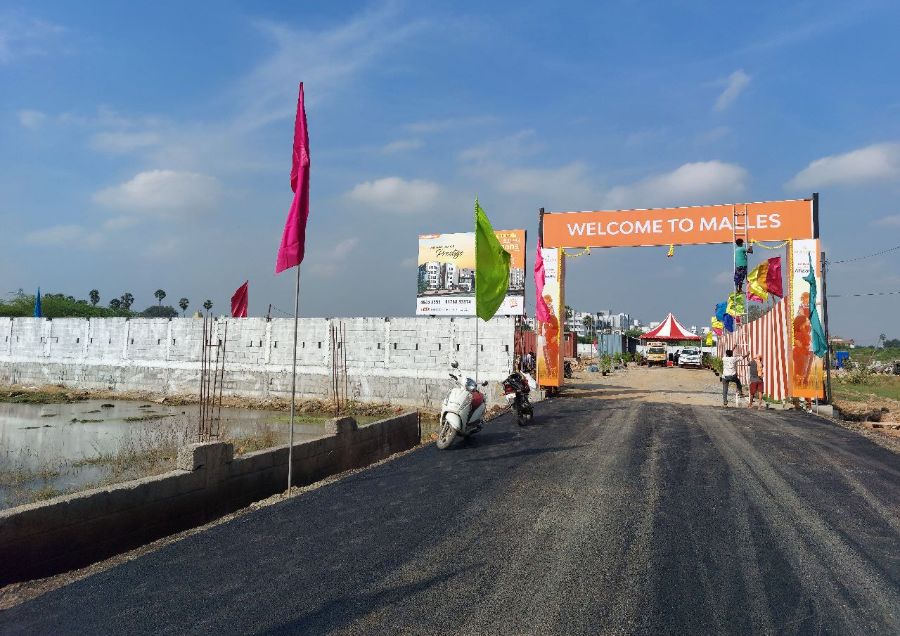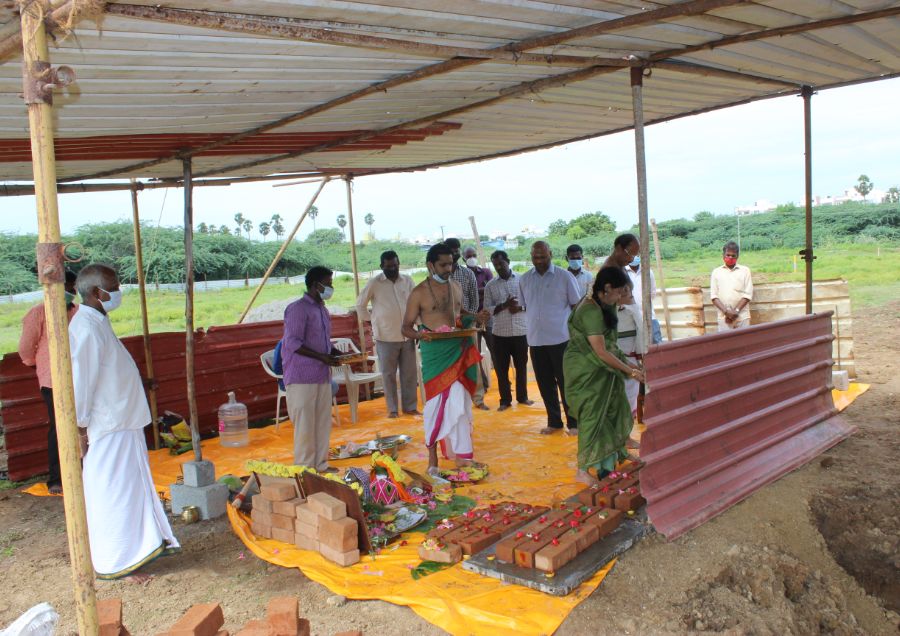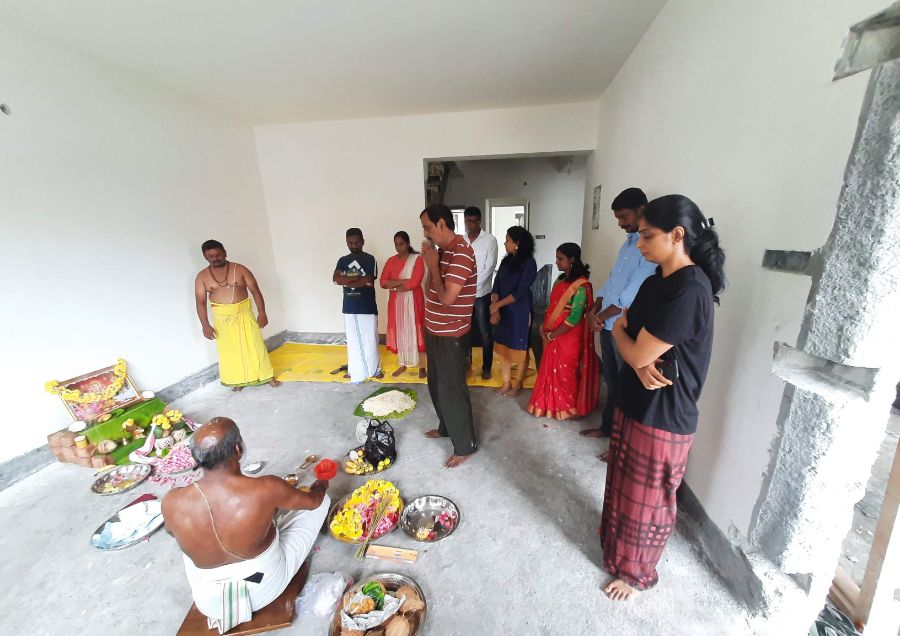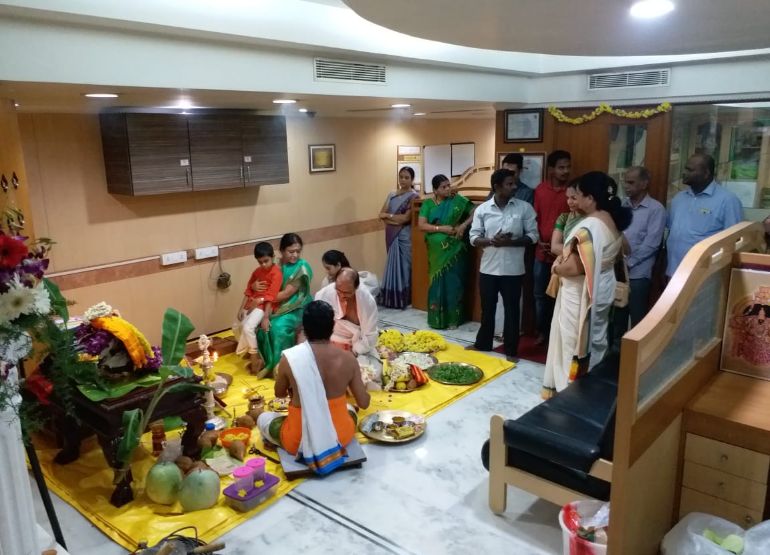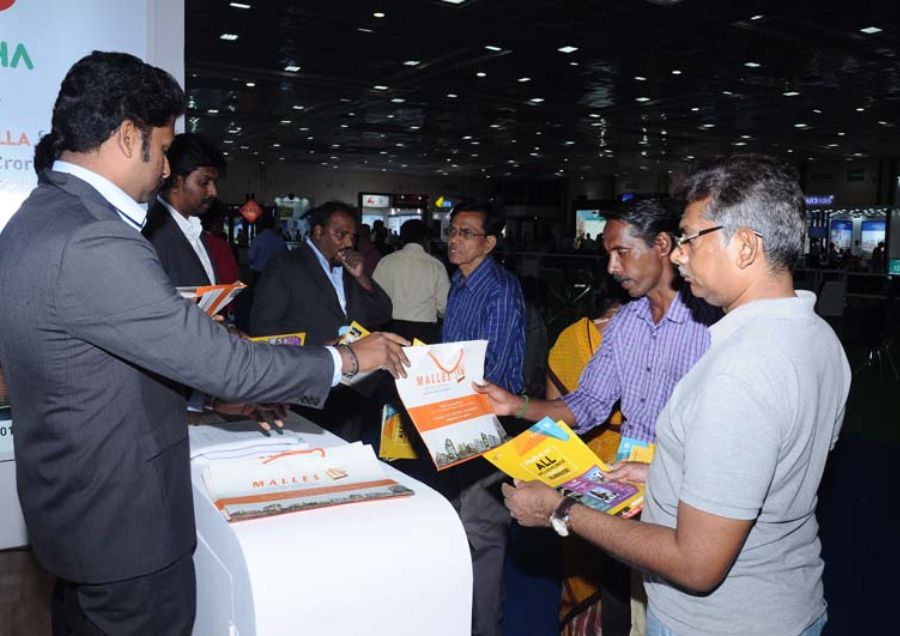Real estate has been a lucrative investment option for non-residential Indians (NRIs). Property prices have also
been steadily appreciating due to the strong local demand and returns are always doubled. It is always nice to a
have a home back at your hometown. The rules for any such property transaction fall under the Foreign Exchange
Management Act (FEMA) and fairly easy to obtain with the right documents.
Investing in the right home, away from home is no easy task - especially when you live in another country.
An NRI who searches for property in India lays huge emphasis not only on the developer's reputation for
quality and timely delivery but also the ability to offer projects in the fast appreciating locations.
which ensure excellent asset growth and returns. Malles Construction has emerged as the developer of
choice for NRIs seeking a robust real state investment in Chennai.
NRI's Property Buying Guide.
At Malles, We cater to the discerning eye of our NRI buyers. Non Resident Indians may have doubts about the
process of purchasing properties in India. Our experienced team is adept at answering queries and providing
clarifications to ensure a hassle free property purchasing experience.
Can an NRI buy property in India?
Yes, there are many available new apartments for NRIs and an NRI can buy a house in Chennai or a commercial
building in Chennai. Further, there is no limit to the number of residential or commercial properties that
an NRI can purchase in India or the investment he/she can make in real estate in Chennai, Bangalore and
other cities. There are exceptions to that clause. An NRI cannot buy agricultural, plantation land or a
farm house in India and he cannot acquire such property as a compliment. There are however no restrictions
on inheriting such property.
Do you need Reserve Bank of India (RBI) permission?
No, RBI permission is not required to buy residential or commercial property.
What are the modes of funding?
Payment for the purchase of property can be made either by way of funds remitted to India from abroad or
through regular banking channels or through the balance in the NRE, NRO or FCNR Account.
Is income tax applicable on housing properties in India?
According to the Indian Income Tax Act, if a person (resident or NRI) owns more than one house property,
only one of them will be deemed as self-occupied. There will be no income tax on a self-occupied property.
The other one, whether you rent it out or not, will be deemed to be given on rent. If you have not given
the second property on rent, you will have to calculate deemed rental income on the second property (based
on certain valuations prescribed by the income tax rules) and pay the tax thereof and if you have inherited
a property in India and that is not your only property, you would have to pay tax on deemed income.
Is deemed income from house property taxed in a foreign country?
You would need to look at the tax code in your country of residence. In the case of NRIs in the United States,
the US tax code does not tax deemed income. Always consult a tax expert as passive activity rules are quite
cumbersome.
Will I be able to avail home loans?
Yes, the RBI allows NRIs to take home loans for buying property in India. You can also take a loan for repairs
and renovations of your home. You can pay EMI's in any one of the following ways:
- By remitting the money from your foreign bank account through regular banking channels.
- By issuing post dated cheques or Electronic Clearance Service (ECS) from your NRE, NRO or FCNR account.
- Out of the rental income that this property earns.
- Cheques issued from your local relative's bank account.
What tax benefits am I eligible for when I repay home loans?
Under section 24 of the Income Tax Act, the interest on home loan is deductible from the income from house
property to the extent of Rs. 1.5 Lakh per annum. Further, up to Rs. 1 Lakh of principle repayment can be
deducted under section 80C (subject to an overall limit of Rs. 1 Lakh of that section). This interest can be
deducted from rental income. In case of self-occupied property discussed earlier, your rental income will be
zero but you can still claim a deduction of interest of up to Rs. 1.5 Lakh. In such a case, you would have a
loss from house property. The loss can be set off against income from other sources like interest income,
capital gains etc. If the loss is not completely exhausted in a particular year, it can be carried forward
for 8 years. That is, you can show the loss in your tax returns for the next 8 years and off-set it against
other income. But once carried forward, the loss can be set off only against income from house property.
Can an NRI give power of attorney for property purchase transactions?
Yes, in fact experts recommend that you give a PoA to a person residing in India so that he or she may complete
formalities such as registration, possession, execution of agreement of sale etc. A PoA can be given to execute
all contracts, deeds, mortgages, lease, sell and all matters relating to managing the property. However, at any
given time, it would be better to give a specific power of attorney to any person, restricted only to a single
action such as only purchase or only for lease. The power of attorney should be executed on a stamp paper or as
per the requirement of the country where the PoA is executed. You must then get the PoA attested by any authorized
official of the Indian Embassy/Consulate/Trade commissioner in that country.





